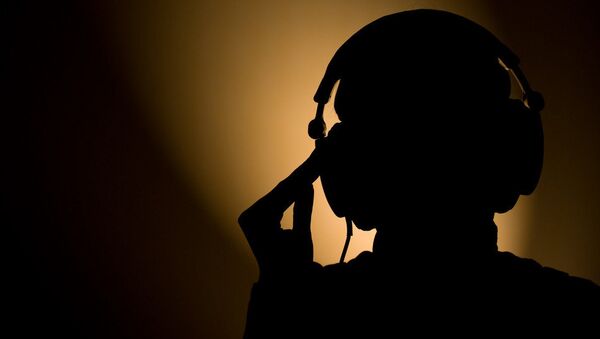According to WikiLeaks’ "Target Tokyo" release, the NSA targeted Japanese companies, senior government officials, governmental advisors and even Premier Shinzo Abe at least from September 2006 to September 2007.
The NSA gathered information on a number of issues, including the Japanese agriculture and manufacturing import, trade conflicts, Japan’s stance during the World Trade Organization talks, technology advancements of Japanese companies, country’s environmental and energy policies.
"I heard that the US intelligence spied on members of the German government by tapping their phones. I think that if a government leader uses a mobile for communicating it is expected that the telephone would be eavesdropped. At that time, [German Chancellor Angela] Merkel said spying by an allied state is not worrying," Hakamada told Sputnik.
"However, the tapping of Merkel’s phone was rather expected. I believe she clearly realizes that. Her anger and criticism were nothing but a distracting maneuver for Germans," he claimed.
Despite being a regular practice, such a policy is unacceptable for the prime minister of an allied country, like in the case of Japan, the analyst underscores.
He also hypothesized that the unleashed scandal would not seriously damage the relations between the US and Japan.
"In Germany, it was a real scandal but at the same time that was a show. The US-German ties have stayed the same. Thus, I think that if the WikiLeaks’ revelations turn out to be true the ties between Washington and Tokyo would not be affected," Hakamada said.
In addition to the official reaction to the scandal, the media also did not have a consolidated stance toward it, he added.
"German media raised an outcry. As for Japan, if the revelations are true media, probably, would fuel the scandal like in Germany. But I repeat – it would not seriously harm the US-Japanese ties," the analyst concluded.


